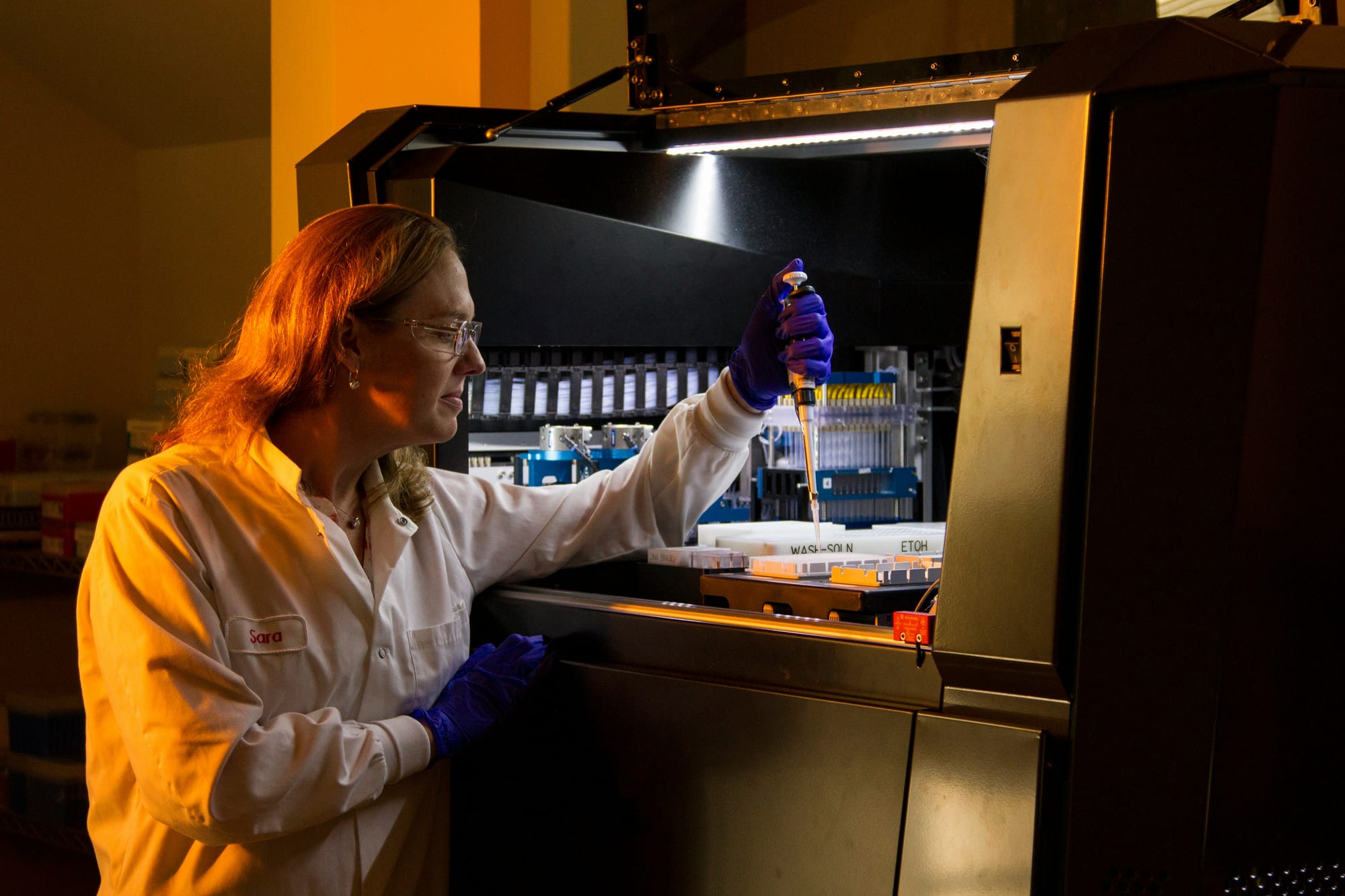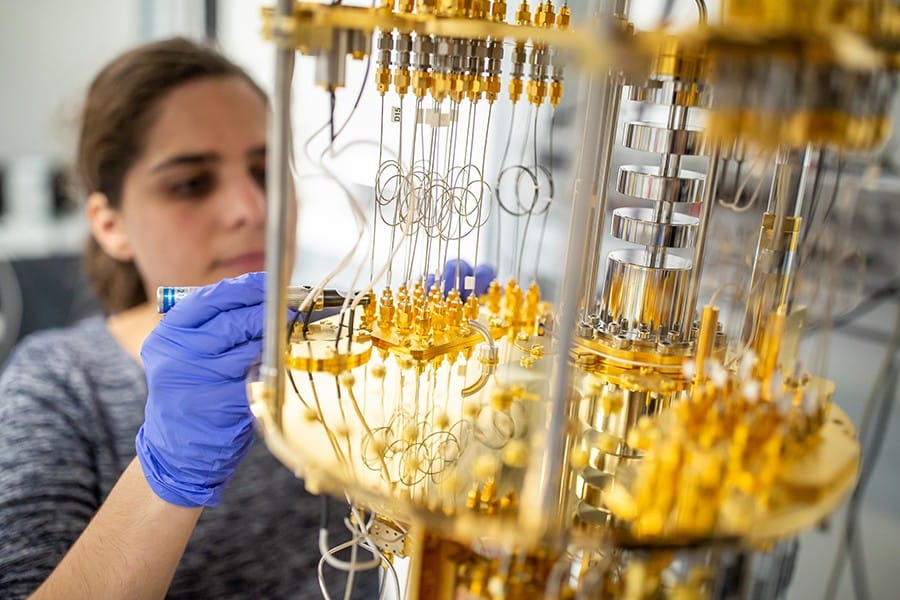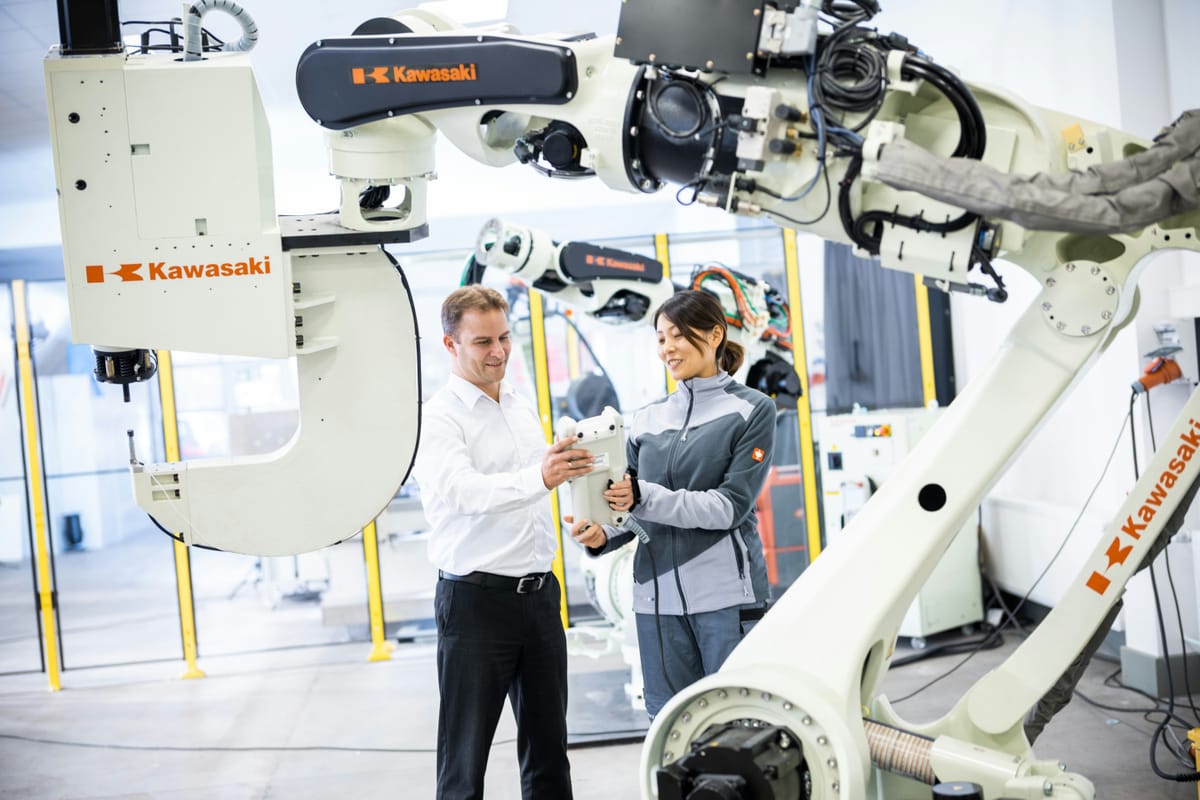Introduction
Imagine a world where your job title sounds like something out of a science fiction novel. Ten years ago, roles like social media manager or app developer were barely on the radar. Today, they are essential positions in many companies. The job market is evolving rapidly, and a smart way to future-proof your career is by preparing for roles that don’t even exist yet. While this approach involves a bit of a gamble on your predictions, this guide will help you navigate emerging fields and equip you with the skills to identify trends that could become significant money-makers in the future.
Understanding the Rapidly Evolving Job Market
Historical Context
In the early 20th century, Henry Ford revolutionized transportation and created numerous new job opportunities, marking a significant event in the automotive industry. Before cars became widespread, jobs related to transportation were largely confined to horse-drawn carriages, railways, and shipping. However, the mass production of automobiles by companies like Ford, which introduced the Model T in 1908, transformed the landscape.

Similarly, the first iPhone was released in 2007, and the App Store followed in 2008. In just a few years, the demand for mobile applications skyrocketed, creating a whole new industry. People who once might have worked on desktop software or web development quickly pivoted to specialize in mobile apps, transforming the tech landscape and creating countless jobs.
These historical examples demonstrate how technological advancements and societal changes have continually reshaped the job market, creating entirely new industries and professions. Just as people adapted to the rise of automobiles, aviation, post-war technology, space exploration, computers, and the internet, it's a smart idea to get ready for future jobs by staying informed and building relevant skills.
Current Trends Shaping Future Jobs
Today, we are witnessing breakthroughs in artificial intelligence, robotics, and renewable energy. Globalization and the rise of remote work are redefining where and how we work. Additionally, societal shifts, such as increased focus on mental health and sustainability, are creating new career paths. Understanding these trends can help you anticipate the types of jobs that will be in demand.
Identifying Future Trends
Technological Innovation
Artificial intelligence and machine learning are driving many changes, from self-driving cars to personalized medicine. Biotechnologists are working on editing genes to cure diseases. Renewable energy experts are developing new ways to harness the power of the sun and wind, creating roles that combine engineering and environmental science.

In this rapidly evolving landscape, several key advancements across various technology industries are shaping future trends. You will find that artificial intelligence and machine learning are at the forefront, transforming everything from healthcare to finance with their predictive capabilities. In the biotechnology sector, advancements in gene editing and personalized medicine are revolutionizing healthcare, offering more precise and effective treatments. Additionally, the Internet of Things (IoT) is creating smarter cities and homes, connecting devices in ways that enhance efficiency and convenience.
Quantum computing is another groundbreaking technology, promising to solve complex problems at unprecedented speeds, which could revolutionize fields such as cryptography, material science, and logistics. Virtual and augmented reality are opening new frontiers in education, training, and entertainment, providing immersive experiences that were once the stuff of science fiction. The integration of these technologies across industries is paving the way for a future that is more interconnected, efficient, and innovative. As these advancements continue to evolve, you will find countless opportunities to position yourself for a future-proof career by staying informed and adaptable.
Renewable Energy and Sustainability
The shift towards renewable energy and sustainability is rapidly gaining momentum as the world grapples with the pressing need to combat climate change and reduce our dependence on fossil fuels. Advancements in clean energy technologies, such as solar, wind, and hydroelectric power, are driving this transformation, offering viable alternatives that are both environmentally friendly and economically feasible. These innovations are not only cutting down greenhouse gas emissions but also creating new job opportunities and stimulating economic growth. Governments and organizations worldwide are investing heavily in sustainable practices, recognizing the long-term benefits of conserving natural resources and protecting ecosystems. As public awareness and demand for eco-friendly solutions increase, the renewable energy sector is set to become a cornerstone of the global economy, ensuring a cleaner and more sustainable future for generations to come.
Virtual and Augmented Reality
Virtual and Augmented Reality (VR and AR) design is revolutionizing various industries by creating immersive experiences that blend the physical and digital worlds. In the realm of education, VR allows students to explore historical events or complex scientific concepts in a 3D environment, making learning more engaging and effective. For instance, medical students can practice surgeries in a risk-free virtual environment, enhancing their skills without the consequences of real-life mistakes. Similarly, AR is transforming retail by enabling customers to visualize products in their own space before making a purchase, such as placing new Apple products on your desk through a web application!

The growth of VR and AR design continues due to technological advancements and the demand for interactive experiences. As these technologies become more affordable and sophisticated, they're accessible to more people. Remote collaboration in virtual spaces, like Meta's Horizon Workrooms, showcases the potential for innovation and efficiency. This virtual office space allows colleagues to interact, brainstorm, and collaborate on projects as if they were physically together, boosting productivity and creativity.
Modern Urban Design
Modern urban design creates cities that are not just functional, but sustainable, liveable, and equitable. This people-centric approach, with walkable green spaces, smart technology, and a focus on community, is poised to thrive as future cities grapple with resource scarcity, urbanization, and climate change. By prioritizing these elements, modern design ensures cities become hubs of innovation, culture, and community, not just places to live.
Potential Career Paths in 2030s
Here, we explore skills and potential careers that are not yet mainstream but are expected to play pivotal roles in the future job market. These span advanced computing, biotechnology, climate engineering, and space exploration.
Space Tourism and Exploration: Prepare for careers in the burgeoning space industry, focusing on areas like space habitat design, space tourism management, and asteroid mining. As space travel becomes more accessible, these roles will be critical in shaping the future of human presence in space.
Synthetic Biology: Engineer biological systems for new purposes, such as creating synthetic organisms that can produce biofuels, clean up environmental pollutants, or even manufacture pharmaceuticals. This field merges biology with engineering principles to solve complex biological problems.
Quantum Engineer: Revolutionize how we solve complex problems. Unlike traditional computing, which processes information in bits, quantum computing uses qubits that can exist in multiple states simultaneously, allowing for exponentially faster processing speeds. Develop quantum algorithms to crack complex cryptographic codes or optimize large-scale logistics networks in real-time.

Immersive Experience Designers: Craft multi-sensory experiences that blend virtual and physical reality (VR/PR). This could involve designing virtual museums, interactive theater productions, or even personalized learning environments.
AI-powered Storytellers: Develop creative partnerships with AI to generate narratives, scripts, or even music. As AI capabilities grow, human storytellers will be needed to curate and guide these tools, shaping the future of entertainment and storytelling.
Biomimicry Architects: Design buildings and infrastructure inspired by nature. By mimicking the efficient and sustainable patterns found in living systems, architects will create structures that are not only aesthetically pleasing but also energy-efficient and adaptable to the environment.
Urban Farmers: Develop and manage vertical farms or indoor agricultural systems, optimizing food production within urban environments. This will be crucial for feeding growing populations and mitigating the environmental impact of traditional agriculture.
Neural Interface Designer: Develop brain-computer interfaces that allow seamless communication and information exchange between the human brain and machines.
Climate Geoengineering Specialist: Develop and implement large-scale technological solutions to mitigate climate change, such as carbon capture technologies or atmospheric manipulation techniques (controversial, but advances in these technologies might change the public opinion about it)
Circular Economy Specialists: Design and implement systems that minimize waste and maximize resource reuse. This field will be essential for transitioning to a more sustainable economy, where products are designed to be repaired, refurbished, and repurposed rather than discarded.
Neuroinformatics: Combine neuroscience and data science to understand the brain better. Use advanced algorithms to decode brain signals, leading to breakthroughs in treating neurological disorders or enhancing human cognition. This interdisciplinary field creates innovative solutions that could transform healthcare, education, and even artificial intelligence.
Food Technologist for Alternative Proteins: Innovate in the field of alternative proteins, including plant-based, lab-grown, and insect proteins. Develop sustainable and nutritious food products that can meet the growing global demand for protein without the environmental impact of traditional livestock farming.
Mental Health Technology: Create and implement technologies aimed at improving mental health. This includes developing apps, virtual reality therapies, and AI-driven diagnostics that can provide more personalized and accessible mental health care.
Human-Machine Teaming: Develop systems and interfaces that enhance collaboration between humans and machines. This includes designing advanced robotics and AI systems that can work seamlessly with human operators in fields like manufacturing, healthcare, and military operations.
Urban Air Mobility Architect: Design and manage infrastructure for advanced urban transportation systems, including electric vertical take-off and landing vehicles (eVTOLs) and drone delivery networks.
Conclusion
The future of work is evolving rapidly, and the jobs of tomorrow may look vastly different. To thrive in this changing landscape, stay ahead of the curve. Understand key trends, identify emerging fields, and develop a diverse skill set that combines technical expertise with adaptability and creativity. Embrace lifelong learning and continuously upskill to remain relevant.
Don't wait – take action today. Explore new fields, take online courses, network with professionals, and build a future-ready resume. The future is full of exciting possibilities. By embracing the uncertainty and taking proactive steps, you can turn those possibilities into your reality.f
By staying informed, continuously learning, and embracing change, you can position yourself for a career in the exciting and evolving landscape of the future.

